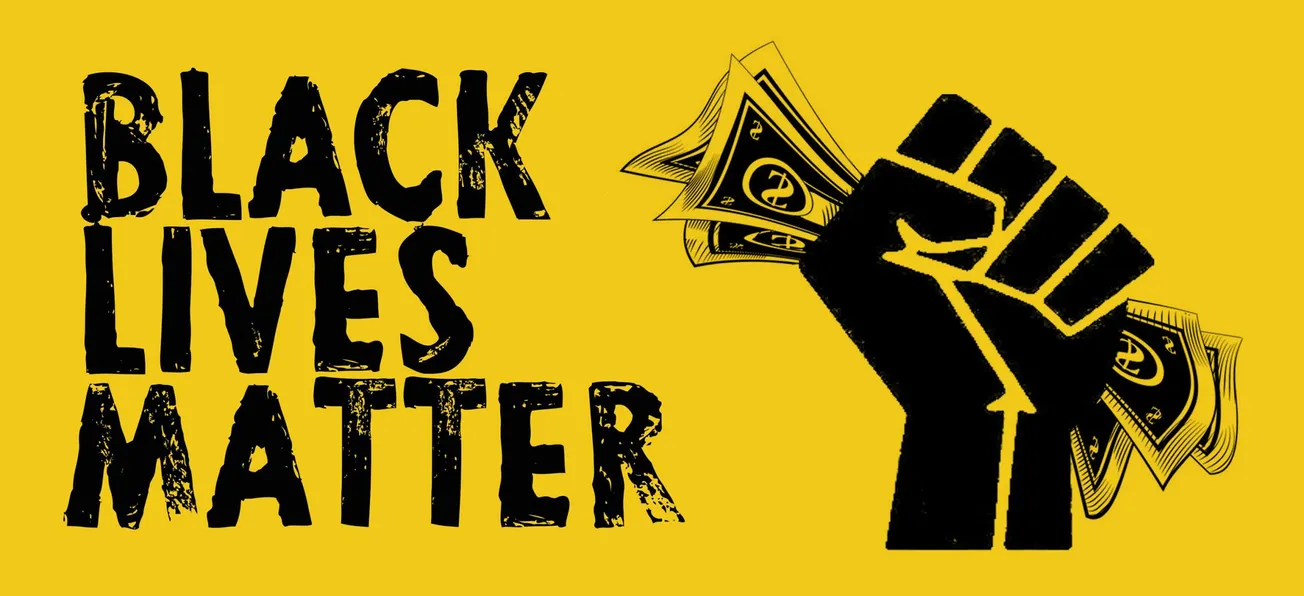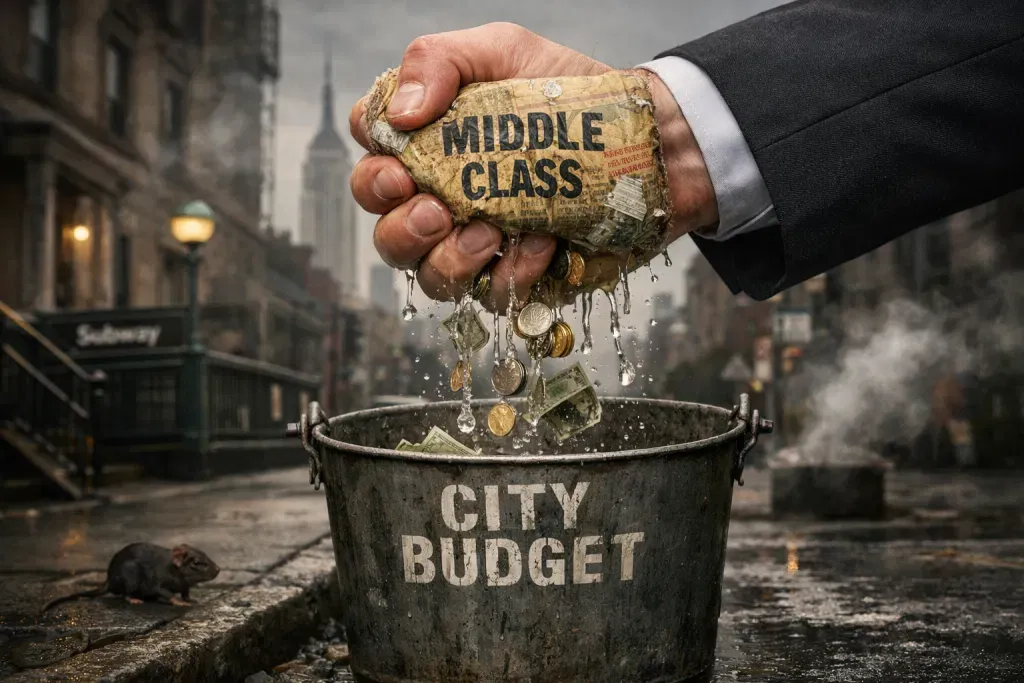Table of Contents
Kurt Mahlburg
Kurt Mahlburg is a writer and author, and an emerging Australian voice on culture and the Christian faith. He has a passion for both the philosophical and the personal, drawing on his background as a graduate architect, a primary school teacher, a missionary, and a young adult pastor.
“It’s time to admit it: Black Lives Matter hysteria made fools of us all,” declares a bold Telegraph headline published last week, captioning a 2020 photo of BLM protesters tipping Edward Colston’s statue into Bristol Harbour.
Actually, BLM hysteria made fools of some of us. During that unforgettable summer of love, I distinctly remember writing these words:
Understanding our history, rather than just raging against it, enables us to debate the good, the bad and the ugly of every era and learn from all of it… We may make all sorts of progress. But prejudice is a difficult weed to eradicate from the human heart – as the cancellers themselves remind us. Because of this, all of us desperately need the past. We need it, at the very least, to hold ourselves accountable.
The hysteria of those tempestuous days was suffocating, but it was not irresistible. We had many reasons then, as now, to defy the impulses of the so-called “antiracism” throng.
Not least among those reasons was their ugly contention that white people are uniquely and inherently racist. Please be sure you don’t miss the irony in that.
As the Telegraph piece notes, hard evidence that antiracism was largely a grift can now be found in abundance.
“Remember the Black Lives Matter protest in Bristol? The one where the mob tipped the statue into the harbour?” columnist Michael Deacon asks. “In court this week, one of its organisers admitted fraud, after £30,000 in donations from Black Lives Matter supporters went missing.”
Xahra Saleem, 23-year-old co-founder of the All Black Lives Bristol group was one of five activists to organise the infamous June 7, 2020 Bristol protest.
Days earlier, Saleem had launched a GoFundMe in the group’s name to raise a few hundred pounds to cover the costs of the demonstration, the Times reports. Saleem and her co-belligerents agreed before the event to give any leftover funds to Changing Your Mindset, a Bristol youth group “which planned to use it to fund a life-changing trip to Africa for young people in the deprived St Pauls area of the city”.
As summer turned to autumn, Changing Your Mindset chased Saleem and her group for the funds with no success, eventually deciding to call the police. An investigation found the donation money had disappeared. Saleem was eventually arrested, has since pled guilty to fraud, and will be sentenced on 31 October.
It is only the latest in a string of BLM-related scams.
In case you missed it, Boston University last month opened an inquiry into Ibram X Kendi’s Center for Antiracist Research. Among the many questions they have is where $55 million in funding has been spent since the center opened in 2020, why Kendi has been AWOL, and why half the centre’s staff were recently laid off.
This follows on from BLM’s financial scandal last year. The group’s co-founder Patrisse Kahn-Cullors abruptly quit after indulging in a real-estate buying binge, leaving no one in charge of the remaining $60 million in the organisation’s coffers.
Writes Michael Deacon, “three years on, it feels like an appropriate time to reflect on what happened during that mad summer of 2020 – and to ask: what exactly came over us?”
His answer, in my view, falls short of explaining the hysteria.
“I think it was a subconscious reaction to lockdown. Young people had been confined to their homes for two long months. They’d gone stir-crazy. They were desperate to get out, to be part of a crowd, to feel a sense of community again. And, as they burst furiously out on to the streets together, these protests gave them exactly that.”
Lockdown-induced cabin fever was a necessary – but not sufficient – condition for the chaos, flames and violence that engulfed 140 American cities, cheap imitations of which quickly spread across the Western world.
Politicians and policemen everywhere took the knee, athletes flagellated themselves in pre-match spectacles, streets and buildings were covered in BLM insignia and George Floyd’s likeness, streaming platforms bombarded us with documentaries, and celebrities and paupers alike donated eye-watering amounts of cash.
This was more than lockdown. It was atonement.
In The Exhaustion of American Liberalism, Hoover Institution senior fellow Shelby Steele – who happens to be African American – gives an insightful answer to the Telegraph’s question in his definition of “white guilt”:
“White guilt is not angst over injustices suffered by others; it is the terror of being stigmatized with America’s old bigotries – racism, sexism, homophobia and xenophobia. To be stigmatized as a fellow traveler with any of these bigotries is to be utterly stripped of moral authority and made into a pariah. The terror of this, of having “no name in the street” as the Bible puts it, pressures whites to act guiltily even when they feel no actual guilt. White guilt is a mock guilt, a pretense of real guilt, a shallow etiquette of empathy, pity and regret.”
No doubt there were protesters with sincere concerns, also. But the need to regain the moral high ground after believing you lost it due to your skin colour is an intoxicating drug.
And being free of that addiction is what makes way for real empathy and problem-solving.









